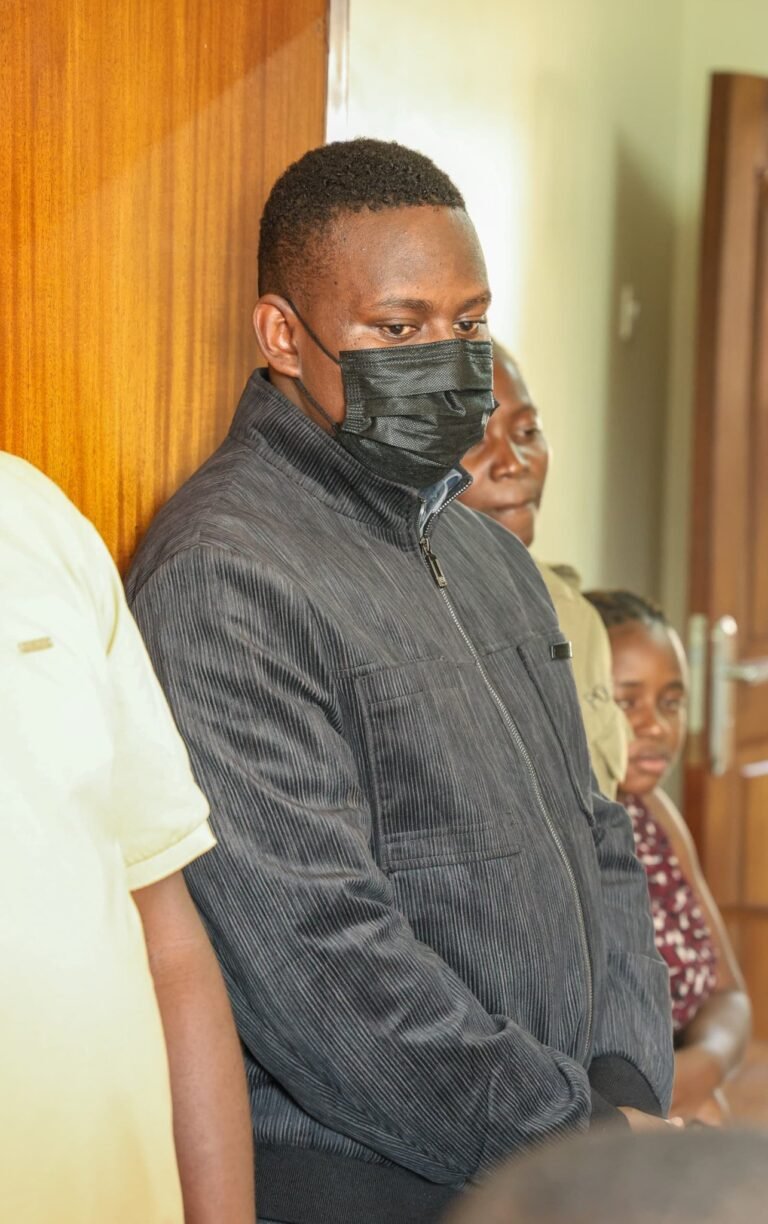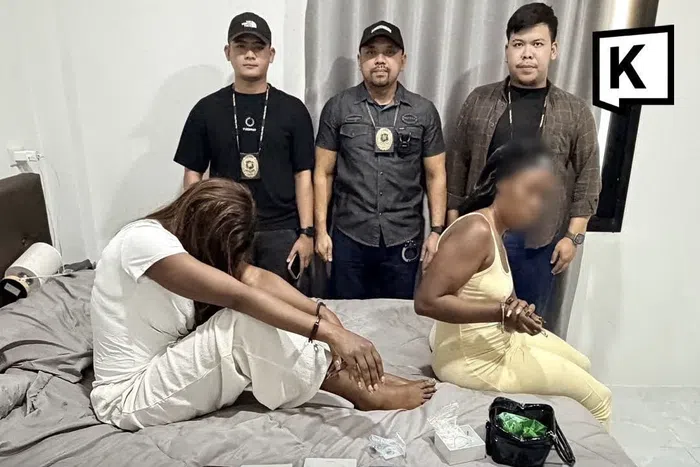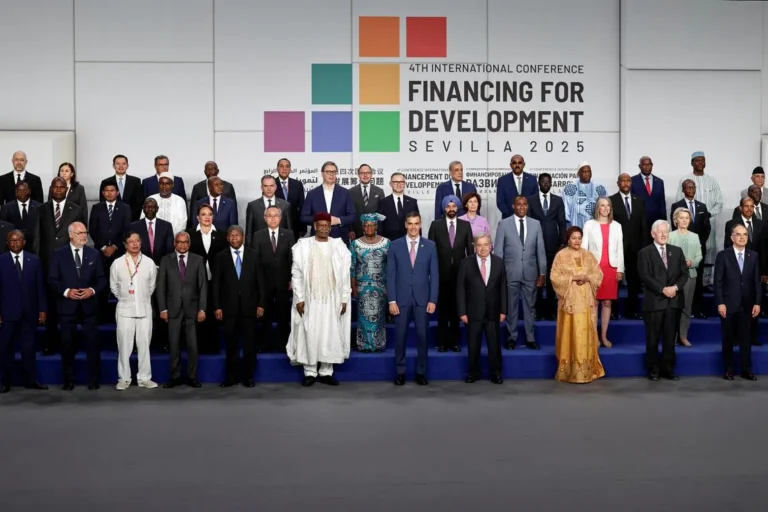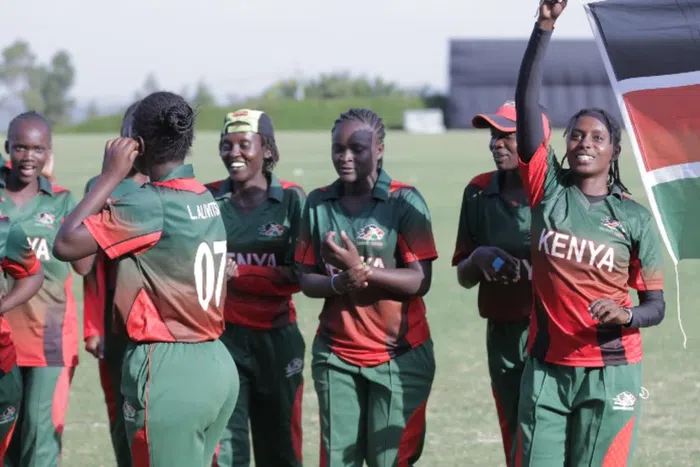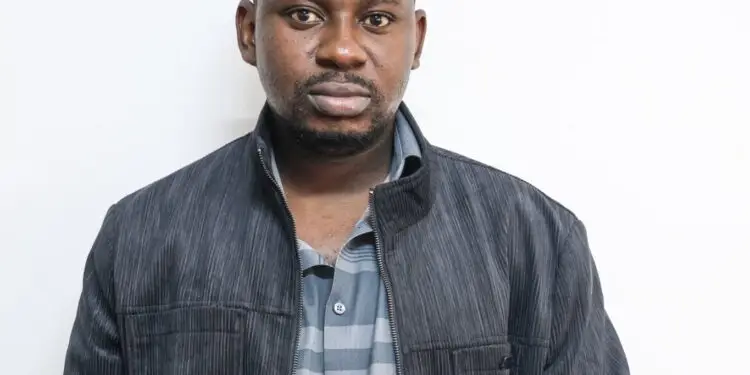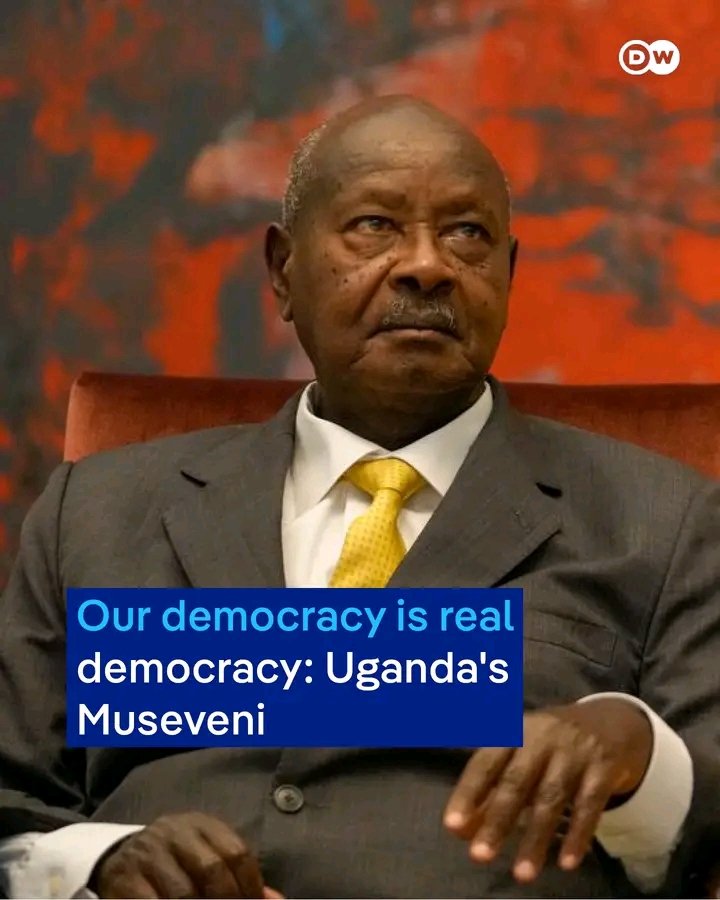
KAMPALA, Uganda – Ugandan President Yoweri Museveni has robustly defended his country’s democratic model, characterizing it as superior to what he dismissed as a “theater” democracy practiced in many other nations.
The ageing leader, who has been in power since 1986, made these assertions while outlining his vision of genuine representation. He stated that Uganda’s legislative processes are designed to ensure all citizens can participate in governance.
“Our democracy is not like a theater democracy which is being practiced in many other countries,” President Museveni said, without specifying which nations he was referring to. “Here, we have built a system that encourages real representation.”
He specifically highlighted Uganda’s commitment to affirmative action, crediting the policy for significantly increasing the participation of women in the country’s political arena.
The president’s comments, however, stand in stark contrast to recent international assessments. A 2025 report from the Global State of Democracy Initiative (GSoD), a prominent research organization, ranks Uganda among the bottom 25 percent of democratic countries globally.
The report evaluates nations on critical democratic pillars, including civic rights, political representation, and the rule of law—precisely the areas President Museveni praised. The low ranking suggests that international observers see significant deficiencies in Uganda’s democratic practices.
This divergence highlights the ongoing tension between President Museveni’s long-held narrative of a uniquely African form of democracy and the view of many international bodies and human rights groups, which have frequently raised concerns about political space, civil liberties, and the consolidation of power in Uganda.
The government has not yet officially responded to the specifics of the 2025 GSoD report.

